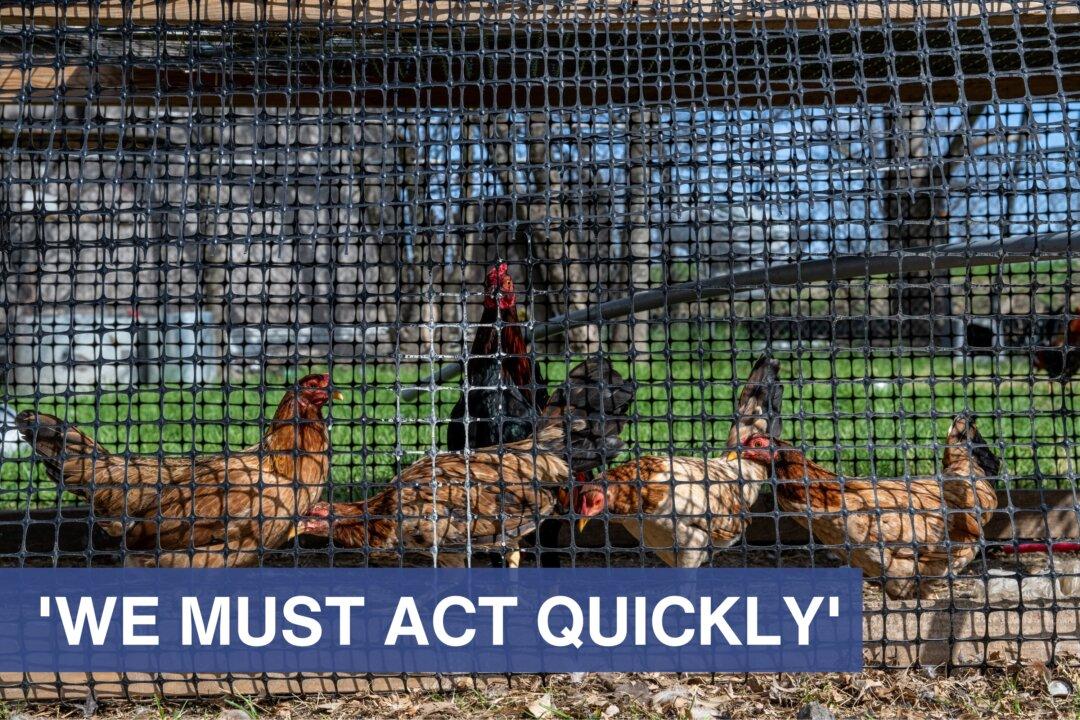Tests from birds at a major egg producer in the south have returned positive for avian influenza, prompting plans to kill nearly two million hens and pullets. A producer in Michigan also said some of its birds tested positive for the illness.
Cal-Maine Foods said April 2 that it was depopulating 1.6 million laying hens and 33,7000 pullets, which totals about 3.6 percent of its flocks, after some of the birds at a facility in Parmer County, Texas tested positive for H1N5, a strain of the highly pathogenic avian influenza.





